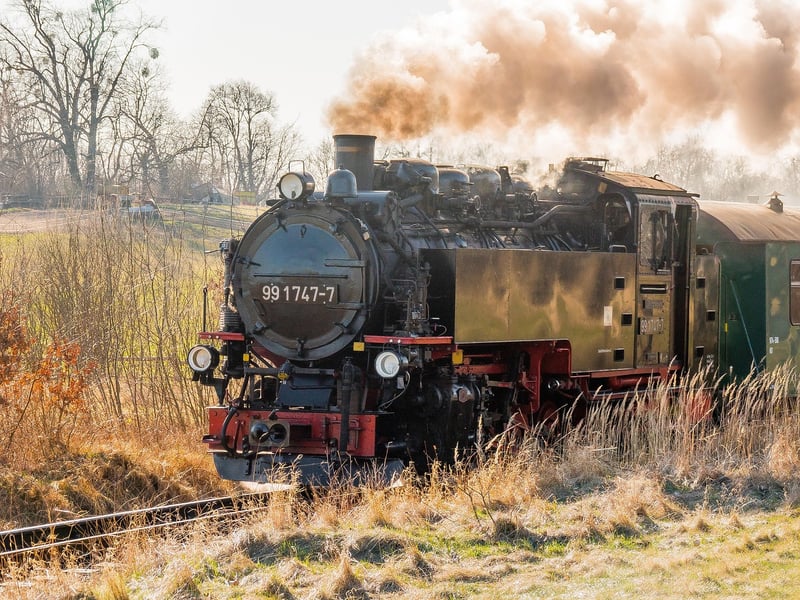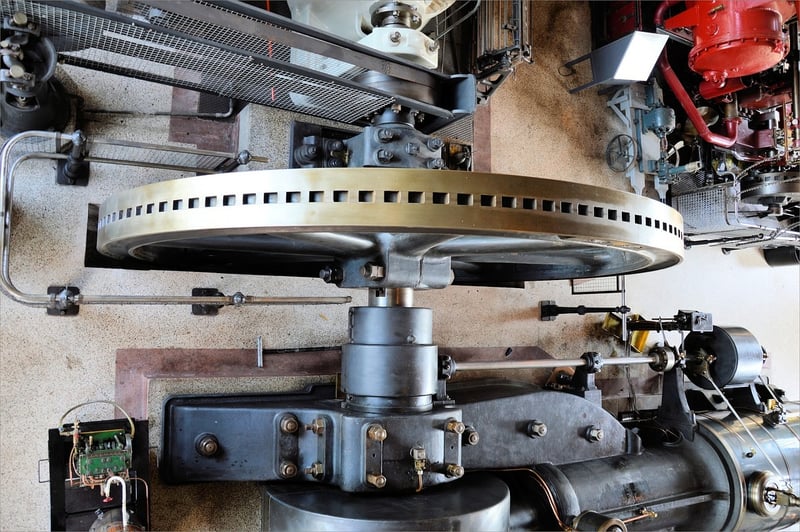Industrial Revolution
Exploring Pivotal Moments of the Industrial Revolution
The Industrial Revolution was a transformative period in history that revolutionized the way goods were produced and society functioned. Let's revisit some of the pivotal moments that shaped this era:
1. Invention of the Steam Engine
One of the key inventions that fueled the Industrial Revolution was the steam engine. Developed by James Watt in the late 18th century, the steam engine powered machinery, trains, and ships, significantly boosting manufacturing and transportation capabilities.

2. Growth of Factory System
The establishment of the factory system was another crucial development. Factories centralized production, leading to increased efficiency and mass production of goods. This shift from artisanal to mechanized production marked a significant turning point in industrial history.

3. Urbanization and Population Shifts
The Industrial Revolution triggered massive urbanization as people migrated from rural areas to cities in search of employment opportunities in factories. This rapid population shift transformed the social and economic landscape of nations.

4. Impact on Global Trade
The Industrial Revolution had far-reaching effects on global trade. It led to the expansion of international markets, the rise of capitalism, and the interconnectedness of economies worldwide. The exchange of goods, technology, and ideas accelerated, shaping the modern world.
Conclusion
These pivotal moments of the Industrial Revolution laid the foundation for modern industrialized societies. By harnessing the power of innovation, technology, and industrialization, this transformative period reshaped the world we live in today.
Explore more about the Industrial Revolution to understand its profound impact on history and how it continues to influence our lives.
For more information, you can visit History.com.
